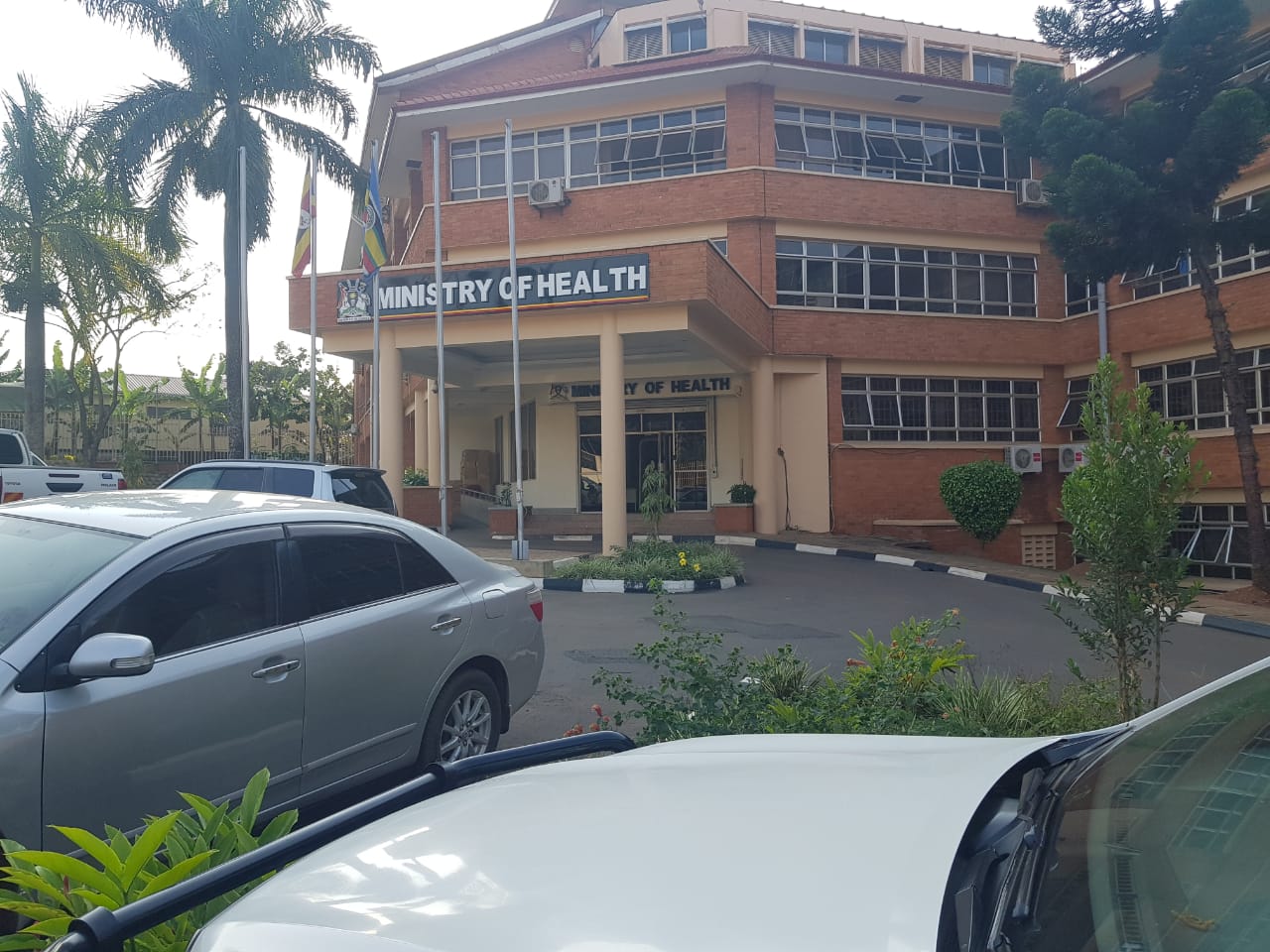The Ministry of Health in Uganda has made a significant administrative change to enhance the efficiency of processing retirement applications for public servants. In a letter dated August 8, 2023, Dr. Henry Mwebesa, the Director General of Health Services, conveyed the decision to decentralize medical board services to regional referral hospitals. This move aims to simplify and expedite the process of retirement for public servants.
The Ministry of Health, in accordance with the Public Service Standing Orders (Section M-c), is responsible for establishing the Uganda Medical Board. This board plays a crucial role in overseeing the referral of patients abroad for medical treatment and recommending the retirement of public servants on medical grounds.
Dr. Mwebesa explained in his letter that the responsibility for granting retirement on medical grounds for public servants has been delegated to regional medical boards located at regional referral hospitals (RRHs). The Minister of Health has appointed such boards at every RRH. This shift is intended to streamline the application process, reduce costs for applicants, and eliminate the need for individuals to travel to Kampala for examination by the Uganda Medical Board.
Dr. Mwebesa instructed that all future applications for early retirement on medical grounds should be directed to the Regional Medical Boards at the respective regional referral hospitals.
Upon the retirement recommendation by the Medical Board and its subsequent approval by the appointing authority, the retiring public servant becomes entitled to pension and compensation. Compensation is determined based on the degree of incapacity, as stipulated in accordance with the Workers Compensation Act.
The Workers Compensation Act, Section L-e, outlines the criteria for awarding compensation to a public officer who becomes invalid due to an injury or disease directly resulting from the performance of their duty. It specifies that the assessment of impairment and the decision to award compensation should be made with the advice of a Medical Board, as provided for in Section M-c of the Uganda Public Service Standing Orders, 2021.
Section M-c of the Standing Orders authorizes a responsible officer to request a public officer to appear before a Medical Board when there is doubt regarding the officer’s physical capability to perform their duties or any proposed transfer. This request is typically made in cases where a public officer is no longer able to efficiently provide public service due to medical reasons, including permanent disability or diseases contracted as a direct result of their duty.




















